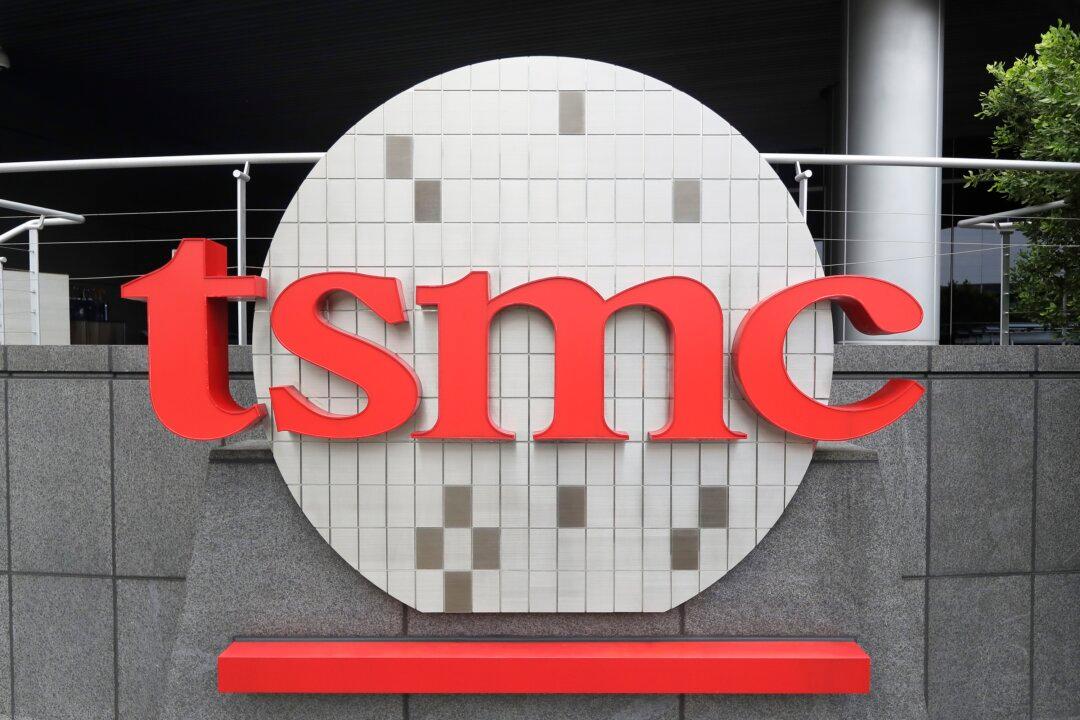Taiwan Semiconductor Manufacturing Co. (TSMC), the world’s top chipmaker, posted a double-digit drop in revenue last month, its first decline in four years.
The chip-making giant’s filing on April 10 showed that revenue for March fell 15 percent from the same month a year earlier, after economic headwinds hit the semiconductor market, according to Dow Jones Newswires.
TSMC said that revenue fell to $4.78 billion from $5.63 billion in March, after growing January and February, for its first monthly loss since May 2019.
However, first-quarter revenue in 2023 is expected to rise 3.6 percent from a year earlier, to $16.73 billion.Taiwanese Chipmaker Sees Losses Into the Second Quarter Due to Weakened Demand
TSMC chief financial officer Wendell Huang said at the beginning of the the year that business in the first quarter would likely be affected, “as overall macroeconomic conditions remain weak, we expect our business to be further impacted by continued end market demand softness, and customers’ further inventory adjustment.”
TSMC had projected first-quarter revenue of between $16.7 billion and $17.5 billion, down from $19.93 billion in the fourth quarter.
The bad news has put the April 20 release of the first-quarter earnings report in the spotlight.




